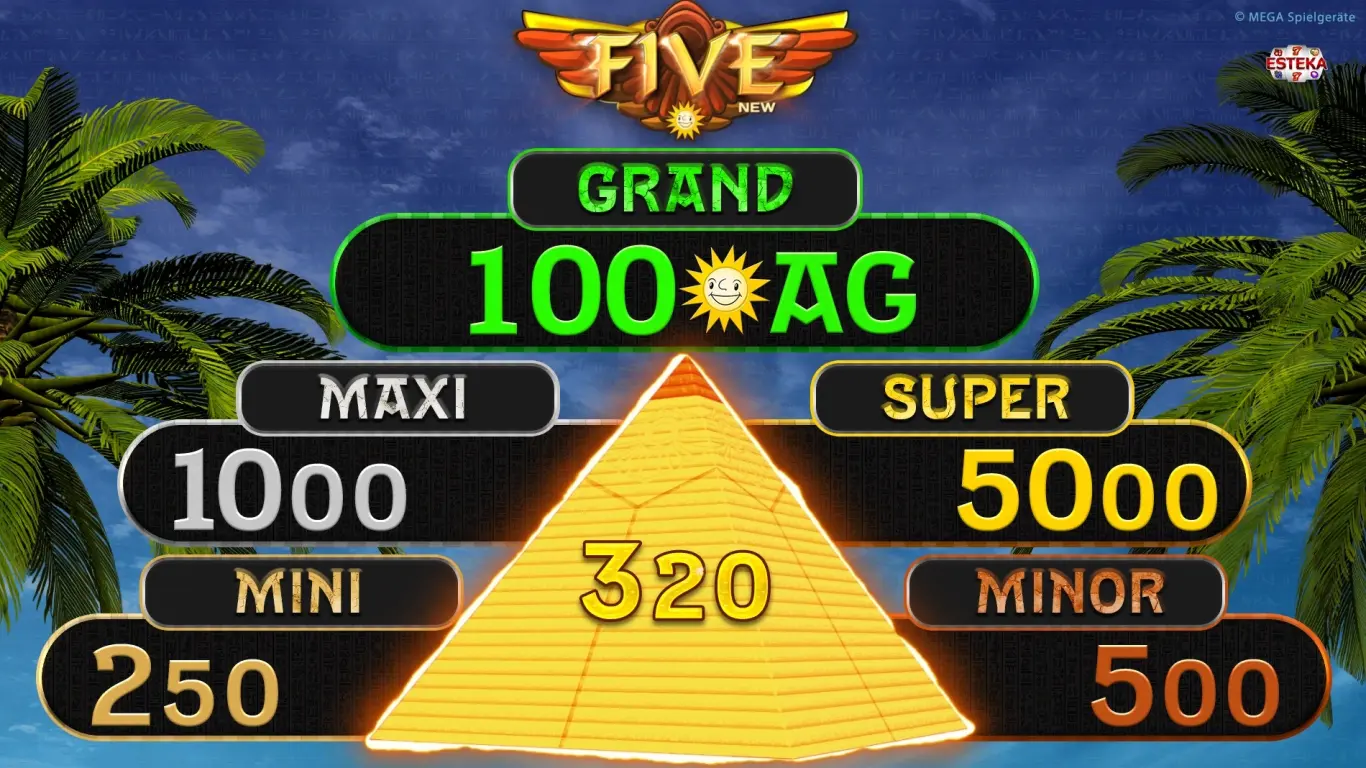
The game with luck?
Read here why board games like Monopoly are not always just about luck. Curious?
Monopoly, Gambling, and Mathematics
When the American Elisabeth Maggie Philipps invented “The Landlord’s Game” in 1904, she surely had no idea how successful her game would become. Ironically, however, her intention with the game was precisely to show the negative consequences that excessive success can bring. The game that the world now knows as “Monopoly” was originally conceived as an anti-capitalist cautionary tale, designed to make players understand that when a few own a lot, the rest of the population is inevitably left with little.
The triumph of the game is unmistakable: due to its popularity, numerous variants have been developed for cities around the world, including New York City, Berlin, and Tokyo. Even versions for television shows have been released, such as the Monopoly edition of Friends.
The Influence of Mathematics on Games
Pure games of chance, such as roulette, offer you only a few decision options. You can bet on red or black, or on specific numbers – but there isn’t much more you can decide. Here, you are dealing with a pure game of chance.
It’s different with Monopoly, as the game offers you a wide range of strategic decision-making options. You can decide which properties to buy and when, or you can trade properties with fellow players. All of this has a direct impact on your game.
This way, you can also make use of mathematics for your strategic decisions. For example, it is 47% more likely to land on Opernplatz than on Parkstraße. This is not only due to the Chance card “Advance to Opernplatz,” but also because Opernplatz is located 14 spaces behind the jail, and on average, it takes two rolls to get there.
Mathematics is also embedded in the return on properties. Which properties generate the highest rent – and how frequently – can make you the winner of the game, or the loser. So don’t just be guided by the purchase price. With a bit of calculation, you’ll always stay one step ahead of your fellow players.
Mathematics in MERKUR Games
You can also find mathematics in our MERKUR games, although not quite as obviously. In game development, mathematics provides a kind of framework. Similar to a piece of furniture, where numbers define the dimensions for height, width, or depth, numbers provide the relevant framework for our games. Here, the payout ratio plays a particularly important role – that is, what percentage of stakes is paid out again on average. Volatility is also determined mathematically – whether there are many small wins or fewer big wins. Another important factor in our MERKUR games is the “hit frequency,” meaning how often special events occur, such as hitting the jackpot. One of our most popular jackpots is the Jackpot FIVE .







